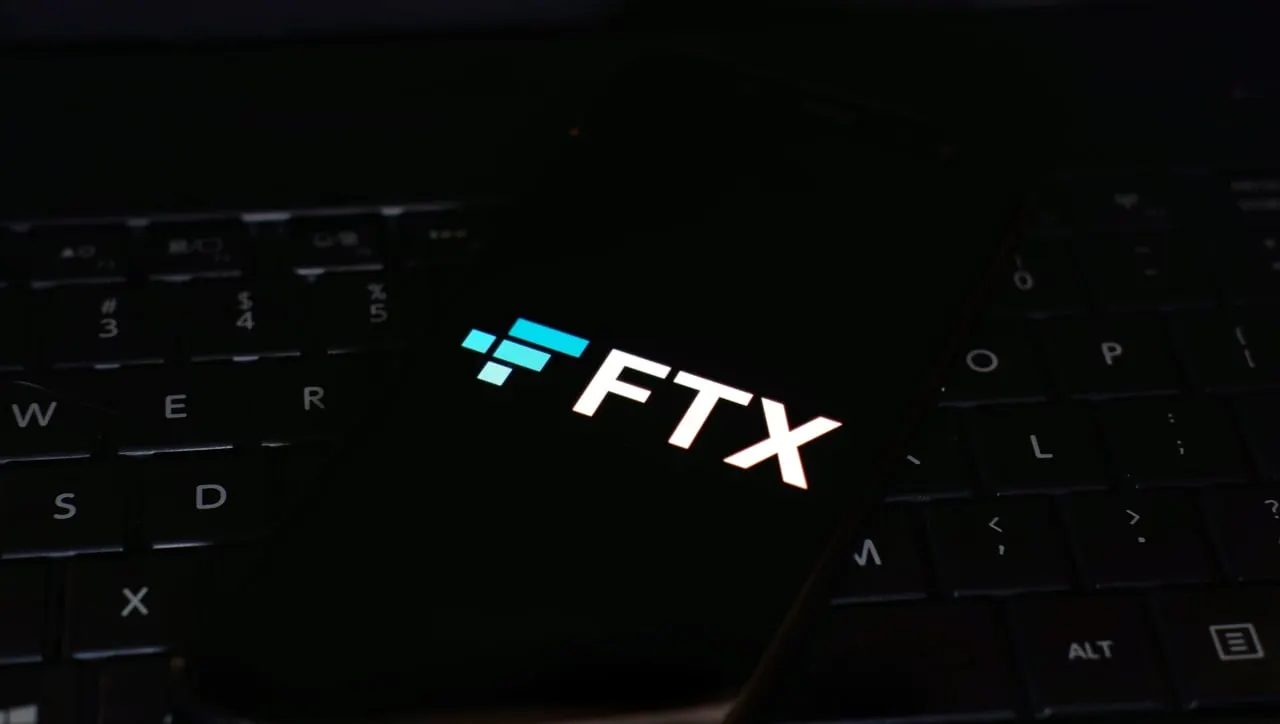We do the research, you get the alpha!
A federal bankruptcy court has approved a plan by collapsed crypto exchange FTX and its creditors to sell the fallen firm's $1 billion stake in Claude AI developer Anthropic. The motion, filed in Delaware bankruptcy court and approved Thursday, is only the latest move to replay creditors following FTX's industry-shaking imposion in 2022.
Sale of the Anthropic shares was granted by U.S. Federal Judge John Dorsey, who issued the order yesterday after it was submitted to the court last week.
Last June, FTX signaled its interest in offloading its Anthropic shares through financial services company Perella Weinberg Partners in an attempt to “claw back” funds to pay off outstanding debts. In October, the path was furthere cleared when the U.S. Department of Justice said FTX's investment in Anthropic was irrelevant to their case against FTX founder Sam Bankman-Fried.
A clawback refers to a legal process where a bankruptcy trustee pulls back property or payments made by the company before filing for bankruptcy. Clawbacks can also take the form of selling assets—in this case, shares of Anthropic.
Before launching its bid to sell its Anthropic stake, FTX sold the derivates trading platform Ledger X to private equity firm M7 Holdings for $50 million, in May.
This week's green light comes after FTX's planned sale of its Anthropic shares was halted in June, weeks after it became publicly known. A factor in the pause may have been the Claude 2 AI model, which Anthropic launched in July.
At the time of Claude 2’s launch, the shares of Anthropic held by FTX were worth around $500 million. Since that time, the value of the Anthropic shares has doubled to hit the $1 billion mark.
In September, FTX was granted permission to sell $3.4 billion in Solana, Ethereum, Bitcoin, and other assets. At the time, the amount of tokens the company was allowed to sell was limited to $100 million weekly.
Court documents showed FTX held $1.16 billion in SOL, $560 million in BTC, $192 million in ETH, and $137 million in APT.
Edited by Ryan Ozawa.





